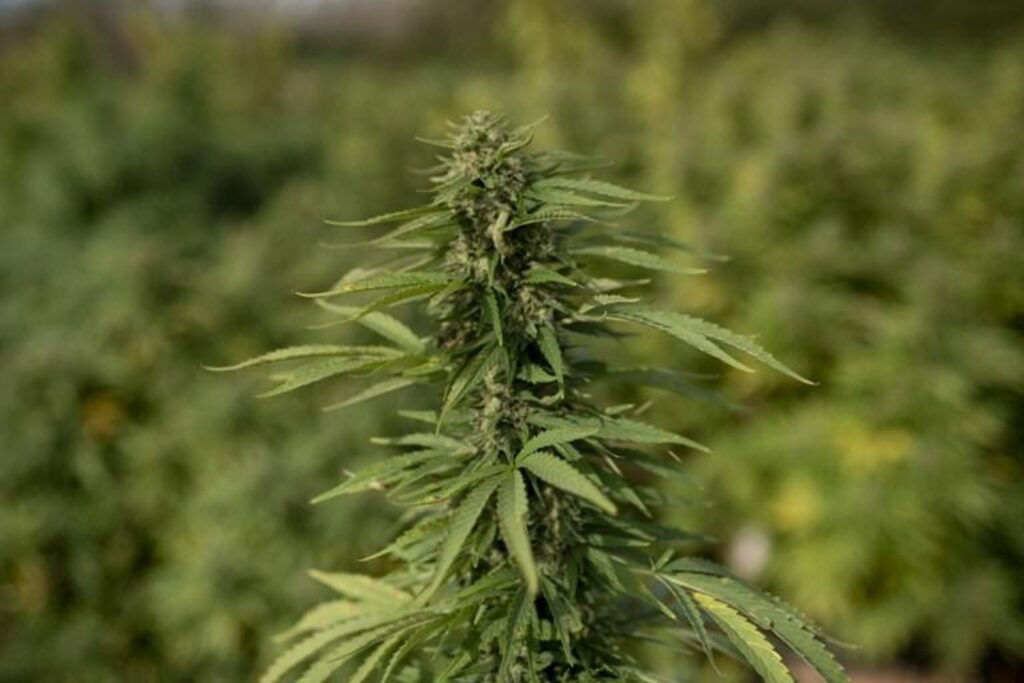The Provincial Institute for Security Professions in Ranst, Antwerp, has launched a project to use hemp and other plants to rid the soil in the area of per- and polyfluoroalkyl substances (PFAs).
The project site, often peppered with obstacle courses and stacked containers replicating industrial disasters or attacks, is used by police, fire service and paramedical trainees.
The soil there was contaminated due to extensive use of dry ice in training exercises in the past, according to provincial parliamentarian Jan De Haes.
The clean-up initiative is led by C-Biotech, a subsidiary of construction company Cordeel.
The plants and trees are planted to absorb and store PFAS in their leaves, while simultaneously absorbing large amounts of CO2. Following this, the PFAS-filled leaves are removed and reprocessed into a new raw material.
“Beyond hemp, we’ve also planted varieties of willow,” says Erik De Bruyn, project manager at C-Biotech. “The trees literally draw dirt from the soil, with a willow potentially extracting up to 200 litres per day. Our aim is to transition from science to applicable technology, although we do not yet have a ready-to-use formula for the wider society.”
According to De Bruyn, preliminary results have been promising. “We’ve run several tests and have found the short-term PFAS concentration in plant parts to be 20 times higher than the PFAS concentration in the groundwater,” he noted.

